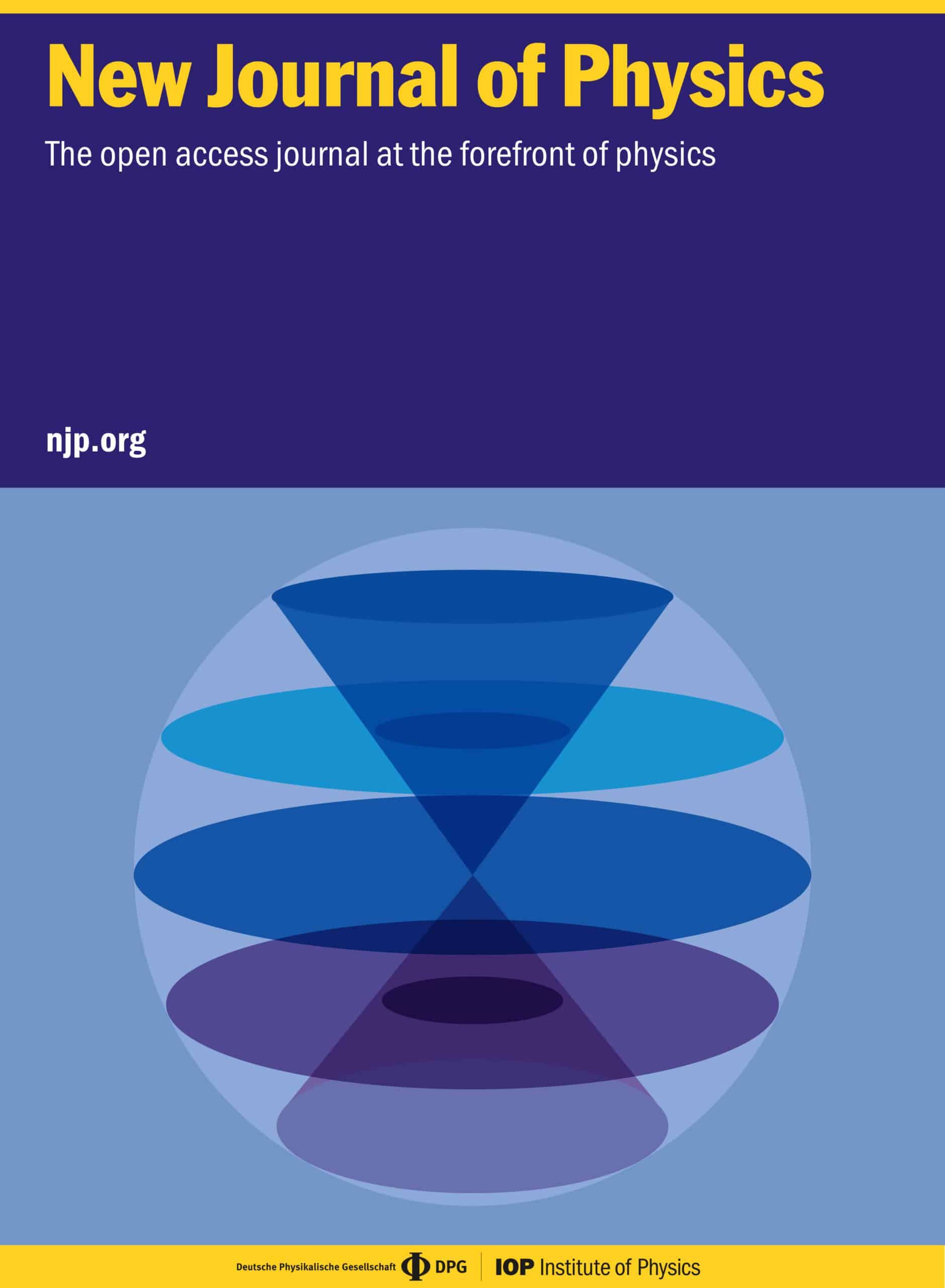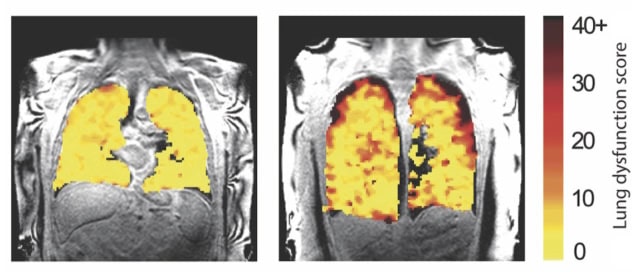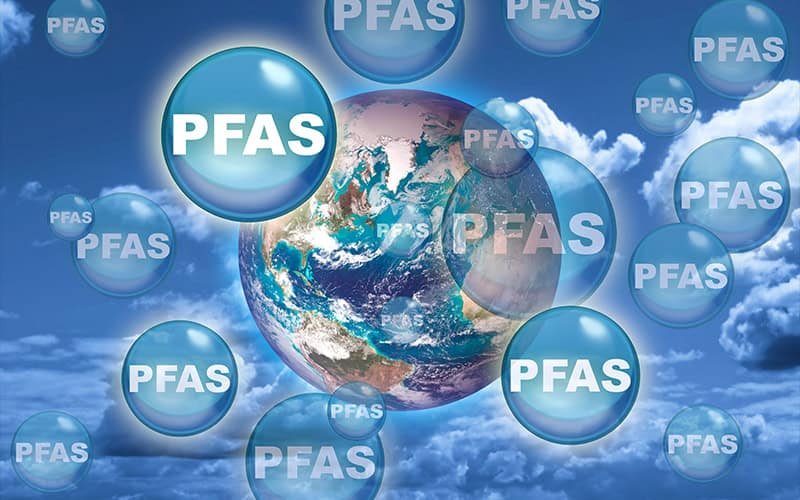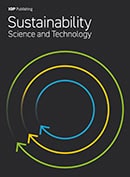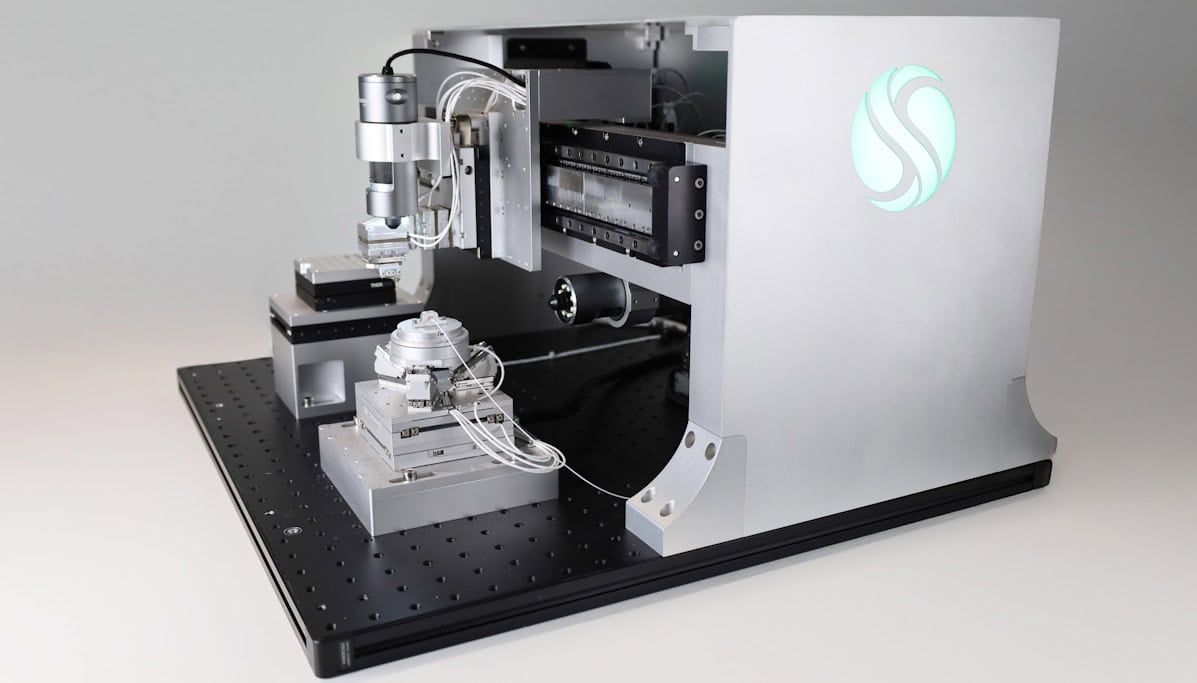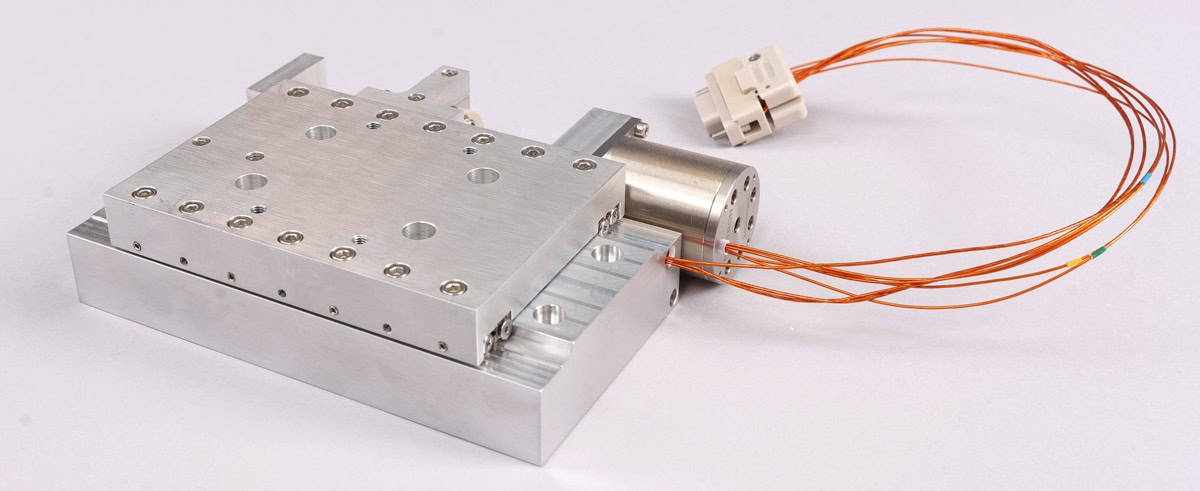Explore the quantum frontier: all about the International Year of Quantum Science and Technology 2025
In June 1925, a relatively unknown physics postdoc by the name of Werner Heisenberg developed the basic mathematical framework that would be the basis for the first quantum revolution. Heisenberg, who would later win the Nobel Prize for Physics, famously came up with quantum mechanics on a two-week vacation on the tiny island of Helgoland off the coast of Germany, where he had gone to cure a bad bout of hay fever.
Now, a century later, we are on the cusp of a second quantum revolution, with quantum science and technologies growing rapidly across the globe. According to the State of Quantum 2024 report, a total of 33 countries around the world currently have government initiatives in quantum technology, of which more than 20 have national strategies with large-scale funding. The report estimates that up to $50bn in public cash has already been committed.
It’s a fitting tribute, then, that the United Nations (UN) has chosen 2025 to be the International Year of Quantum Science and Technology (IYQ). They hope that the year will raise global awareness of the impact that quantum physics and its applications have already had on our world. The UN also aims to highlight to the global public the myriad potential future applications of quantum technologies and how they could help tackle universal issues – from climate and clean energy to health and infrastructure – while also addressing the UN’s sustainable development goals.
The Institute of Physics (IOP), which publishes Physics World, is one of the IYQ’s six “founding partners” alongside the German and American physical societies, SPIE, Optica and the Chinese Optical Society. “The UNESCO International Year of Quantum is a wonderful opportunity to spread the word about quantum research and technology and the transformational opportunities it is opening up” says Tom Grinyer, chief executive of the IOP. “The Institute of Physics is co-ordinating the UK and Irish elements of the year, which mark the 100th anniversary of the first formulation of quantum mechanics, and we are keen to celebrate the milestone, making sure that as many people as possible get the opportunity to find out more about this fascinating area of science and technology,” he adds.
“IYQ provides the opportunity for societies and organizations around the world to come together in marking both the 100-year history of the field, as well as the longer-term real-world impact that quantum science is certain to have for decades to come,” says Tim Smith, head of portfolio development at IOP Publishing. “Quantum science and technology represents one of the most exciting and rapidly developing areas of science today, encompassing the global physical-sciences community in a way that connects scientific wonder with fundamental research, technological innovation, industry, and funding programmes worldwide.”
Taking shape
The official opening ceremony for IYQ takes place on 4–5 February at the UNESCO headquarters in Paris, France, although several countries, including Germany and India, held their own launches in advance of the main event . Working together, the IOP and IOP Publishing have developed a wide array of quantum resources, talks, conferences, festivals and public-themed events planned as a part of the UK’s celebrations for IYQ.
In late February, meanwhile, the Royal Society – the world’s oldest continuously active learned society – will host a two-day quantum conference. Dubbed “Quantum Information”, it will bring together scientists, industry leaders and public-sector stakeholders to discuss the current challenges involved in quantum computing, networks and sensing systems.
In Scotland, the annual Edinburgh Science Festival , which takes place in April, will include a special “quantum explorers” exhibit and workshop by the UK’s newly launched National Quantum Computing Centre. Elsewhere, the Quantum Software Lab at the School of Informatics at the University of Edinburgh is hosting a month-long “Quantum Fringe 2025” event across Scotland. It will include a quantum machine-learning school on the Isle of Skye and well as the annual UK Quantum Hackathon, which brings together teams of aspiring coders with industry mentors to tackle practical challenges and develop solutions using quantum computing.
In June, the Institution of Engineering and Technology is hosting a Quantum Engineering and Technologies conference, as part of its newly launched Quantum technologies and 6G and Future Networks events. The event’s themes include everything from information processing and memories to photon sources and cryptography.
The IOP will use the focus this year gives us to continue to make the case for the investment in research and development, and support for physics skills, which will be crucial if we are to fully unlock the economic and social potential of the quantum sector
Further IYQ-themed events will take place at QuAMP, the IOP’s biennial international conference on quantum, atomic and molecular physics in September. Activities culminate in a three-part celebration in November, with a quantum community event led by the IOP’s History of Physics and quantum Business and Innovation Growth (qBIG) special interest groups, a schools event at the Royal Institution, and a public celebration with a keynote speech from University of Surrey quantum physicist and broadcaster Jim Al-Khalili. “The UK and Ireland already have a globally important position in many areas of quantum research, with the UK, for instance, having established one of the world’s first National Quantum Technology Programmes,” explains Grinyer. “We will also be using the focus this year gives us to continue to make the case for the investment in research and development, and support for physics skills, which will be crucial if we are to fully unlock the economic and social potential of what is both a fascinating area of research, and a fast growing physics-powered business sector,” he adds.
Quantum careers
With the booming quantum marketplace, it’s no surprise that employers are on the hunt for many skilled physicists to join the workforce. And indeed, there is a significant scarcity of skilled quantum professionals for the many roles across industry and academia. Also, with quantum research advancing everything from software and machine learning to materials science and drug discovery, your skills will be transferable across the board.
If you plan to join the quantum workforce, then choosing the right PhD programme, having the right skills for a specific role and managing risk and reward in the emerging quantum industry are all crucial. There are a number of careers events on the IYQ calendar, to learn more about the many career prospects for physicists in the sector. In April, for example, the University of Bristol’s Quantum Engineering Centre for Doctoral Training is hosting a Careers in Quantum event, while the Economist magazine is hosting its annual Commercialising Quantum conference in May.
There will also be a special quantum careers panel discussion, including top speakers from the UK and the US, as part of our newly launched Physics World Live panel discussions in April. This year’s Physics World Careers 2025 guide has a special quantum focus, and there’ll also be a bumper, quantum-themed issue of the Physics World Briefing in June. The Physics World quantum channel will be regularly updated throughout the year so you don’t miss a thing.
Read all about it
IOP Publishing’s journals will include specially curated content – from a series of Perspectives articles – personal viewpoints from leading quantum scientists – in Quantum Science and Technology. The journal will also be publishing roadmaps in quantum computing, sensing and communication, as well as focus issues on topics such as quantum machine learning and technologies for quantum gravity and thermodynamics in quantum coherent platforms.
“Going right to the core of IOP Publishing’s own historic coverage we’re excited to be celebrating the IYQ through a year-long programme of articles in Physics World and across our journals, that will hopefully show a wide audience just why everyone should care about quantum science and the people behind it,” says Smith.
Of course, we at Physics World have a Schrödinger’s box full of fascinating quantum articles for the coming year – from historical features to the latest cutting-edge developments in quantum tech. So keep your eyes peeled.
The post Explore the quantum frontier: all about the International Year of Quantum Science and Technology 2025 appeared first on Physics World.


